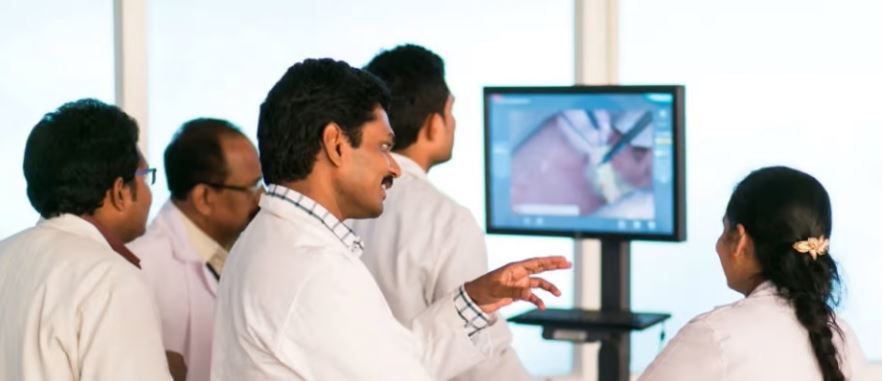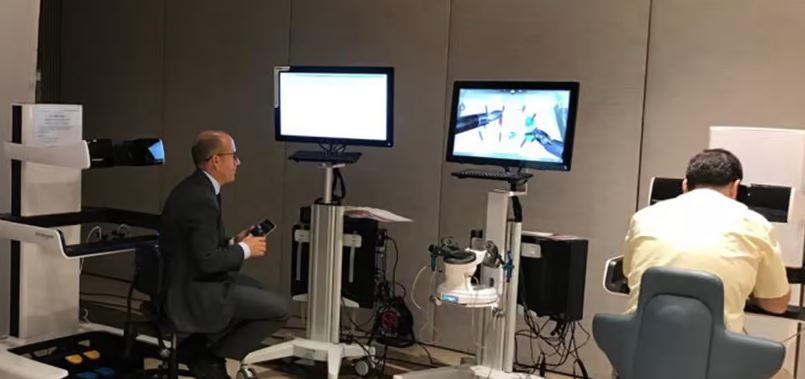技术
- 应用基础设施与中间件 - 事件驱动型应用
- 平台即服务 (PaaS) - 应用开发平台
适用行业
- 水泥
- 教育
适用功能
- 销售与市场营销
用例
- 楼宇自动化与控制
- 现场人员安全管理
服务
- 培训
关于客户
Golifo 专为那些喜欢集体参加活动而不是单独参加活动的个人而设计。这些可能是网络至关重要的商业活动,也可能是提供团体优惠的任何其他类型的活动。该应用程序对于门票持有者也有好处,他们可以将其用作社交营销渠道来增加门票销量。他们可以在平台上发布和管理团体优惠。该应用程序还被设计为与平台无关,对所有类型的活动开放,旨在改变人们和小公司选择和预订活动的方式。该应用程序的未来计划包括使领导者和影响者能够通过选择可用的团体奖励来为他们的朋友或观众创建和管理自己的团体。
挑战
Golifo 是一款社交票务应用程序,由活动行业前公司 Laurence Mourasse 创立。我们面临的挑战是创建一个平台,帮助人们建立联系、建立联系并解锁为团体保留的活动优惠。创始人认识到,大多数人不喜欢独自参加活动,即使内容很精彩。因此,我们需要一个能够让人们尽早联系、建立联系并解锁团体优惠的平台。该应用程序被设计为一个托管市场,门票所有者可以在其中发布和管理团体优惠,使用 Golifo 作为社交营销渠道来增加门票销售。然而,创始人是一位四十多岁的非技术女性,在决定构建应用程序的正确平台和工具时面临着挑战。
解决方案
该解决方案是在 Bubble 中找到的,这是一个无代码平台,提供构建功能齐全的 Web 应用程序所需的所有功能和工具。 Golifo 的运作方式就像一个社区、一个临时社交网络,也像一个众筹网站,但对于团体门票,人们只有在达到适当数量的参与者时才支付并解锁团体优惠。该应用程序允许与会者浏览活动和群组、加入/离开群组、聊天和网络以及管理个人资料或付款方式。持票人可以创建、发布和管理列表。该应用程序还集成了 Stripe,为与会者和持票人进行支付管理,处理支付失败和与会者沟通,以确保透明度和公平性。创始人在在线课程和 Gaby Roman 为期 12 周的无代码应用培训项目的帮助下学会了使用 Bubble。
运营影响
数量效益

Case Study missing?
Start adding your own!
Register with your work email and create a new case study profile for your business.
相关案例.

Case Study
System 800xA at Indian Cement Plants
Chettinad Cement recognized that further efficiencies could be achieved in its cement manufacturing process. It looked to investing in comprehensive operational and control technologies to manage and derive productivity and energy efficiency gains from the assets on Line 2, their second plant in India.

Case Study
Revolutionizing Medical Training in India: GSL Smart Lab and the LAP Mentor
The GSL SMART Lab, a collective effort of the GSL College of Medicine and the GSL College of Nursing and Health Science, was facing a challenge in providing superior training to healthcare professionals. As clinical medicine was becoming more focused on patient safety and quality of care, the need for medical simulation to bridge the educational gap between the classroom and the clinical environment was becoming increasingly apparent. Dr. Sandeep Ganni, the director of the GSL SMART Lab, envisioned a world-class surgical and medical training center where physicians and healthcare professionals could learn skills through simulation training. He was looking for different simulators for different specialties to provide both basic and advanced simulation training. For laparoscopic surgery, he was interested in a high fidelity simulator that could provide basic surgical and suturing skills training for international accreditation as well as specific hands-on training in complex laparoscopic procedures for practicing physicians in India.

Case Study
IoT platform Enables Safety Solutions for U.S. School Districts
Designed to alert drivers when schoolchildren are present, especially in low-visibility conditions, school-zone flasher signals are typically updated manually at each school. The switching is based on the school calendar and manually changed when an unexpected early dismissal occurs, as in the case of a weather-event altering the normal schedule. The process to reprogram the flashers requires a significant effort by school district personnel to implement due to the large number of warning flashers installed across an entire school district.

Case Study
Digital Transformation of Atlanta Grout & Tile: An IoT Case Study
Atlanta Grout & Tile, a Tile, Stone & Grout restoration company based in Woodstock, Georgia, was facing challenges with its traditional business model. Despite steady growth over the years, the company was falling behind the web revolution and missing out on the opportunity to tap into a new consumer base. They were using independent software from different vendors for each of their department information and workforce management. This resulted in a lot of manual work on excel and the need to export/import data between different systems. This not only increased overhead costs but also slowed down their response to clients. The company also had to prepare numerous reports manually and lacked access to customer trends for effective business decision-making.

Case Study
Implementing Robotic Surgery Training Simulator for Enhanced Surgical Proficiency
Fundacio Puigvert, a leading European medical center specializing in Urology, Nephrology, and Andrology, faced a significant challenge in training its surgical residents. The institution recognized the need for a more standardized and comprehensive training curriculum, particularly in the area of robotic surgery. The challenge was underscored by two independent studies showing that less than 5% of residents in Italian and German residency programs could perform major or complex procedures by the end of their residency. The institution sought to establish a virtual reality simulation lab that would include endourological, laparoscopic, and robotic platforms. However, they needed a simulator that could replicate both the hardware and software of the robotic Da Vinci console used in the operating room, without being connected to the actual physical console. They also required a system that could provide both basic and advanced simulation training, and a metrics system to assess the proficiency of the trainees before they performed surgical procedures in the operating theater.








